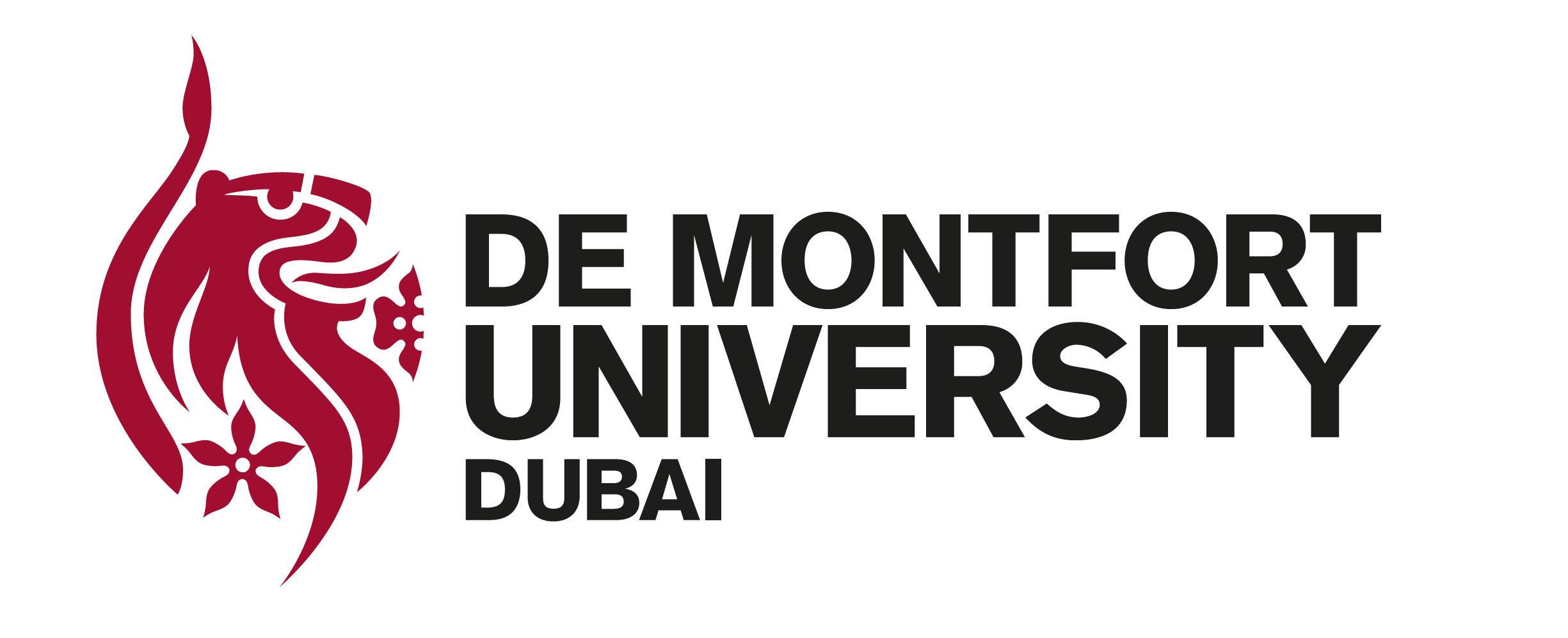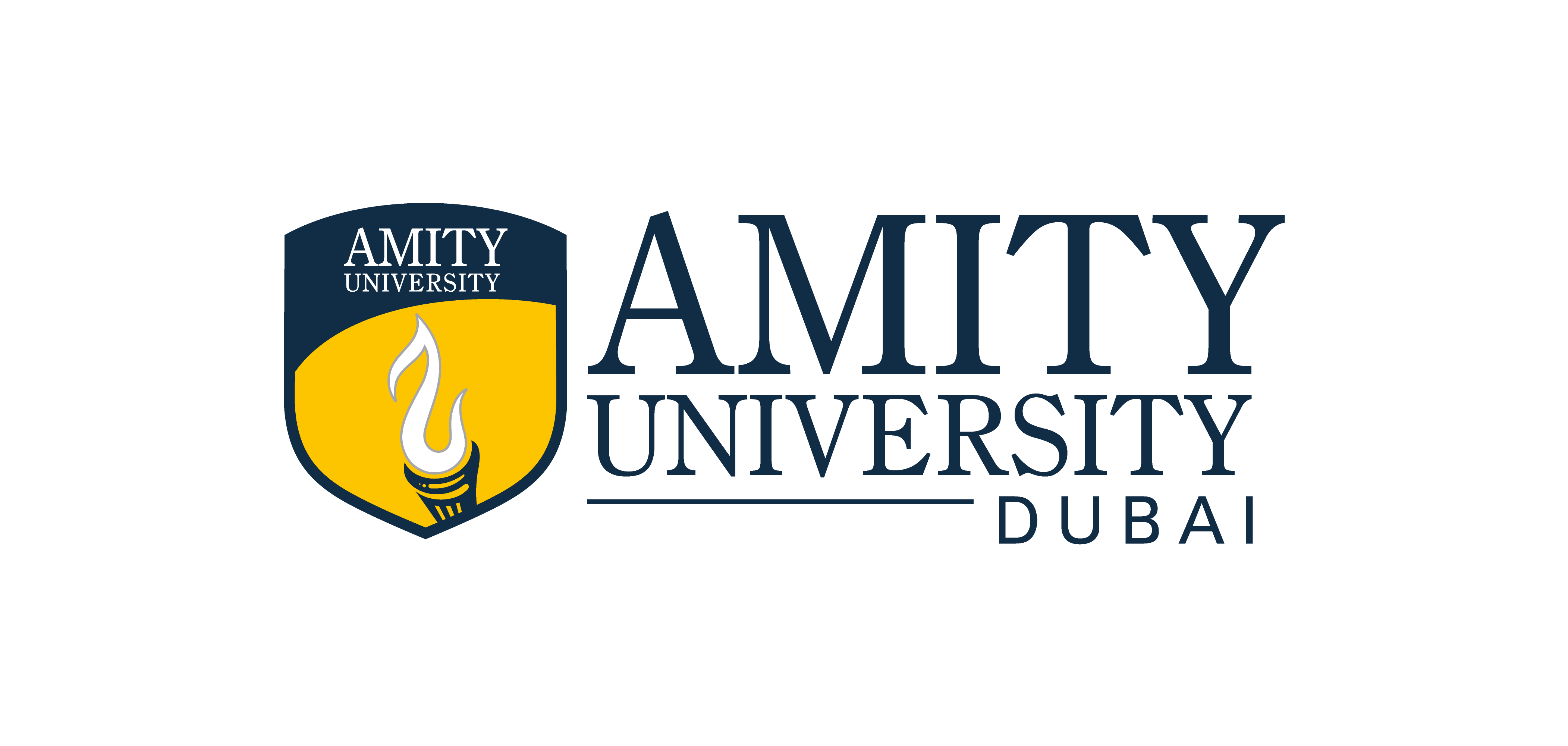Law students will undertake a standard first-year syllabus, studying core modules in Constitutional and Administrative Law, Contract Law, Criminal Law, English and European Legal Contexts. A range of delivery and assessment styles will fully

Course overview
Law students will undertake a standard first-year syllabus, studying core modules in Constitutional and Administrative Law, Contract Law, Criminal Law, English and European Legal Contexts. A range of delivery and assessment styles will fully prepare students for subsequent years of study.
These core modules provide students with a solid foundation in critical areas of law and ensure a comprehensive understanding of the legal system. Additionally, the varied delivery and assessment styles allow students to develop essential skills such as critical analysis, problem-solving, and effective communication, which are vital for their future legal studies and professional careers.
The focus on foundational legal knowledge and skills will continue in the second and third years with modules on Land Law, Law of Tort, and Equity and Trusts. You will also develop functional awareness through Inter-professional Legal Skills.
After your first year, you can focus your studies by selecting a preferred specialism pathway in one of the following areas: Business Law, Criminal Justice, Human Rights & Social Justice, Sociolegal Studies and International Law. Alternatively, you can continue on the Common Law pathway.
The emphasis is on doing rather than simply reading and listening; participation is a central feature of this course. Various onsite experiences and in-house interactions with legal professionals enhance the teaching of the law modules. This hands-on approach allows students to apply their knowledge to real-world scenarios and gain practical skills that will be valuable in their future careers. Additionally, the programme offers opportunities for career guidance and networking with legal professionals, providing students with valuable connections and insights into the legal industry.
Key features
Our students can focus on legal studies by selecting a preferred specialisation while continuing to develop functional awareness. This approach allows our students to gain in-depth knowledge and expertise in their chosen area of law while also honing their practical skills and understanding of the legal profession. By offering a range of specialisations, we ensure that our students are well-prepared to meet the diverse needs and demands of the legal industry upon graduation.
DMU will help you gain real-world experience and build a solid network by connecting you with industry partners in Dubai through the Industry Advisory Board. Additionally, DMU's connections in Dubai offer unique opportunities for students to immerse themselves in a diverse and thriving business environment, enhancing their global perspective and cultural awareness.
You can access The Oxford Law Trove and other specialist Law databases. The Oxford Law Trove contains over 200 law textbooks relevant to the core and optional modules within the Law LLB course.
The programme leaders are experienced professionals dedicated to ensuring students receive a high-quality education. They are readily available to answer any questions or concerns students may have regarding the accreditation process or the course content.
DMU Dubai students can now benefit from the Industry Advisory Board, which comprises leading experts and professionals at the enterprise level. The board provides valuable insights and guidance to ensure the curriculum remains relevant and current with industry trends and demands.
Benefit from Education 2030, where a simplified ‘block learning’ timetable means you will study one subject at a time and have more time to engage with your learning, receive faster feedback and enjoy a better study-life balance.
Teaching and assessments
You will be taught through a combination of lectures, tutorials, seminars, simulation of client interviewing and advocacy, case study analysis and self-directed study. Assessment is through coursework (presentations, essays and reports) and usually an exam or test, which is typically weighted as follows in your first year:
100% portfolio
These assessment weightings are indicative only. The exact weighting may vary depending on option modules chosen by students and teaching methods deployed by the academic member of staff each year. Indicative assessment weighting and assessment type per module are shown as part of the module information. Again these are based on the current academic session.
Teaching contact hours
This is a full-time course. Each module is worth 30 credits. It is expected that student will spend a total of 300 hours of study for each module. You should be prepared to devote approximately 10 contact hours a week to your studies and additional independent hours of study in order to succeed. Teaching is through a mix of lectures, tutorials, seminars and lab sessions and the breakdown of these activity types is shown in each module description.
You will also have timetabled meetings with your personal tutor and careers and/or subject meetings scheduled throughout the year.
Self-directed study: In order to prepare for, and assimilate, the work in lectures and seminars you will be expected to use our on-line resources, participate in flipped or virtual classroom discussions on our virtual learning environment (VLE) and engage in personal study and revision for approximately 25 hours per week.
Graduate careers
Law students gain a well-rounded understanding of the legal system and are equipped with the necessary knowledge to excel in their future careers. The programme provides a unique opportunity for students who wish to pursue a research or academic career to work as researchers supporting major research projects and to develop their own research expertise.
All students have the opportunity to hone their legal skills by engaging with businesses and individuals and to speed up their way to qualify as a Solicitor.
Strategy Pillars
After a long campaign, 150 years ago, the Leicester School of Art was formed. It offered flexible, skills-based learning, open to both men and women. Over the next century, higher learning in the city was responsive to – and helped shape – local industries and their associated technologies. Since its foundation in 1992, De Montfort University (DMU) has provided broad-based education to hundreds of thousands of students as well as undertaking research in a variety of areas.
The next decade will see large-scale changes in the education sector. By 2030 there will be 25 per cent more 18-year-olds in the UK, changes to the student loan system will emphasise lifelong learning, and digital developments will continue to rapidly drive teaching expectations.
The need to generate new knowledge through fundamental and applied research has never been greater. As a city, Leicester has one of the lowest skills bases in the country, with 19 per cent of working-age residents having no qualifications, and a desperate need to level up social inequity.
But it also has enormous entrepreneurial potential and is one of the most popular cities to start up a business in the UK. There are clear opportunities for greater research, skills training and collaboration with regional businesses to address the city’s low productivity rates and contribute to levelling up. Coming out of the pandemic, Covid-19 provides the catalyst for us to do things in new ways.
We have created our new strategy against this context. The development of our strategy has involved more than 1,000 participants, with contributions from our staff, students, governing body and key partners. In our strategy, we are committing to becoming an ‘empowering university’, one that will enable staff, students and partners to develop to their full potential. We are a bold, unapologetically ambitious and outward-looking institution, and will use innovative education and research methods to inspire and empower.
We will lead by example on exploring issues of social justice through our platform as the UK’s only hub for the United Nations’ Sustainable Development Goal 16. We’ll expand our reach with knowledge collectives, engaging our community in mental health practice, equality and sustainability. Through this, we will create a fairer and more sustainable society.
Our strategy is delivered through four key pillars: Learning for Life, Knowledge Creation, Empowering People and Partnerships with Purpose. We will respond to local, national and global business needs to provide flexible ways to upskill our students.
Our research will focus on creating and applying knowledge for social benefit. We won’t be afraid of doing things differently. As an empowering university, our staff, students and partners will actively be part of a diverse community that will strive for equality.
Our Mission
Discovering gateways of opportunity that empower students, staff, and our community to create a fairer society.
Our Vision
Creating a community of participation, fairness, and collective responsibility; transforming individual lives and championing a fair and sustainable society.
Dr Rim Hamacha holds a PhD in Comparative Competition Law, an LLM in Corporate Finance Law, a Legal Practice Certificate, and an LLB in Law. She is a Fellow of the International Chamber of Commerce (France), and a Member of the Young International Arbitration Group, the London Court of International Arbitration (UK). She was awarded the Academic Staff Achievement for PhD obtained without corrections from Brunel University (UK).
Rim teaching and learning interests include Legal Research Skills, ADR and Legal Ethics, WTO Law and Policy, and the International Sale of Goods. Her research interests cover Commercial Law, Competition Law, Comparative Law, Corporate Law, and Financial Regulations.
(Institute Review)
55 years ago(Institute Review)
55 years ago
LLB Honours Law helps students develop a thorough grounding in the core areas of English Law and students get special knowledge on how law governs national and international business and trade.

LLB Honours Law helps students develop a thorough grounding in the core areas of English Law, you will gain the legal skills and academic qualifications to embark on the next stage of training.

This Bachelor of Law (Honours) programme offered by Amity University Dubai is accredited by the Bar Council of India (BCI). The syllabus mentioned in BCI rules is followed in this degree program.
© 2025 www.coursetakers.ae All Rights Reserved. Terms and Conditions of use | Privacy Policy